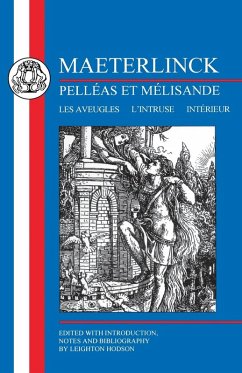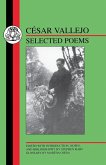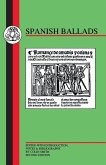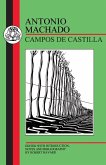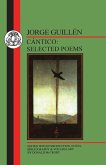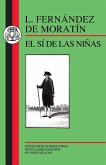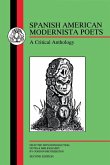Maeterlinck's plays typify the spirit of Symbolism and the fin de siècle ethos of the 1890s, but equally they herald in their minimalism the developments of certain features of the late 20th century modernism. Thematically, they evoke some the deeper obsessions of the Theatre of the Absurd. Maeterlinck's spare and allusive style exploits the unspoken as a force in dramatic situation, and his use of silence promotes a dramatic technique that invites ever deeper introspection in the spectator. The poetic and non-discursive approach creates mystery - a foretaste of Beckett and Pinter. The plays challenged stage designers and performers alike in their innovative use of stage pictures, often akin to film technique. The usual criticism of Maeterlinck's plays, when they were first produced, centred on what as seen as escapist whims. A century later, attention is turning towards the deeper meanings behind that facade. Intended for the general reader as well as undergraduates, this new edition is the first with English Introduction and Notes; it brings together Pelléas and Mélisande, Les Aveugles, L'Intruse, and Intérieur, making accessible texts otherwise difficult to find, and presents them in a context which encourages full appreciation.
Bitte wählen Sie Ihr Anliegen aus.
Rechnungen
Retourenschein anfordern
Bestellstatus
Storno

